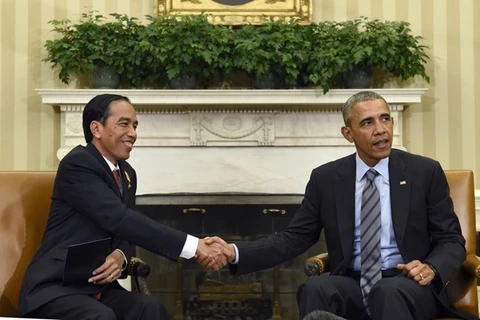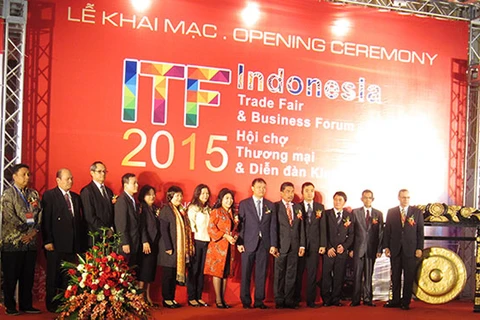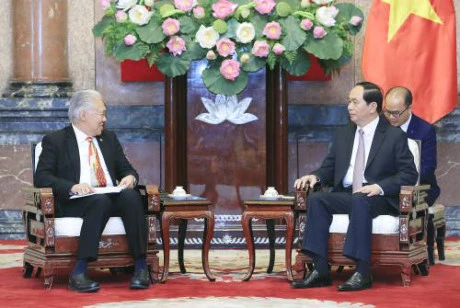Jakarta (VNA) – Indonesia posted its biggest trade deficit in seven months in November, as exports fell more than expected and imports of consumer goods soared ahead of year-end festivities.
November's trade gap was 1.33 billion USD, the widest since April.
Exports in November amounted to 14.01 billion USD, down 5.67 percent on-year, due to soft prices of some of Indonesia's main commodities like coal and rubber. Imports in November fell 9.24 percent from a year earlier to 15.34 billion USD. Consumer goods imports rose 16.28 percent on year.
The Southeast Asia's largest economy had a surplus of 172.5 million USD in October.
The trade data is among a host of macroeconomic indicators closely watched by investors and the central bank. Bank Indonesia (BI) is seeking to narrow the current account deficit to between 2.5 percent and 3 percent of GDP in 2019, from 3 percent in 2018.
November's surprisingly large deficit is unlikely to affect BI's decision this week as the central bank will probably keep interest rates unchanged after the Federal Reserve signalled no change to US interest rates in near future, Wisnu Wardana, Bank Danamon's economist, said.
BI has cut its key rates four times since July by a total of 100 basis points to shield domestic economic growth from a global slowdown./.
VNA

























